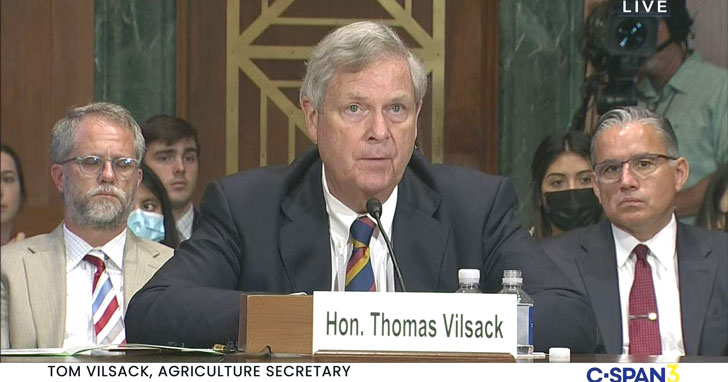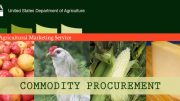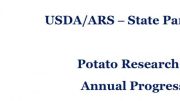|
Click to listen to this article
|
The Senate Committee on the Judiciary held a hearing July 21 to discuss farmworkers in the United States, specifically focusing on provisions within the House-passed Farm Workforce Modernization Act (FWMA).
Members heard from two panels: Panel I included USDA Secretary Tom Vilsack and Panel II consisted of five witnesses within the farmworker/agricultural industry. When questioned by Ranking Member Chuck Grassley (R-IA) about expanding the H-2A program to cover year-round ag workers, Secretary Vilsack expressed optimism over the proposal of an expansion. He recognized the phase-in period of three years of 60,000 additional H-2A workers and a pilot program that focuses on the ability of 10,000 workers to move around the country as an opportunity to determine whether additional adjustments to the program need to be made. The Secretary also commended FWMA’s provisions on wages, employee protection, and streamlined application processing.
Senators Lindsey Graham (R-SC) and Ted Cruz (R-TX) had a heated exchange with Secretary Vilsack over the state of security at the southern border. Both Senators expressed that they would not be in favor of passing any sort of immigration legislation until the Southern border is secure, saying they would fear that giving legal status to even one person would create a surge at the border.
“This excuse has been used for years to avoid taking action. The Senate can and should pass a bill with strong enforcement, but there’s no definition for ‘securing the border.’ This allows members of Congress to move the goalposts, claim their standard hasn’t been met, and keep voting ‘no’ as the ag labor crisis gets worse,” said Kam Quarles, National Potato Council CEO.
Secretary Vilsack did mention that the Natural Resources Conservation Service is looking into whether conservation programs could potentially be used to provide assistance to farmers and ranchers at the border who have suffered agricultural property damage as a result of illegal crossings.
SOURCE: National Potato Council






